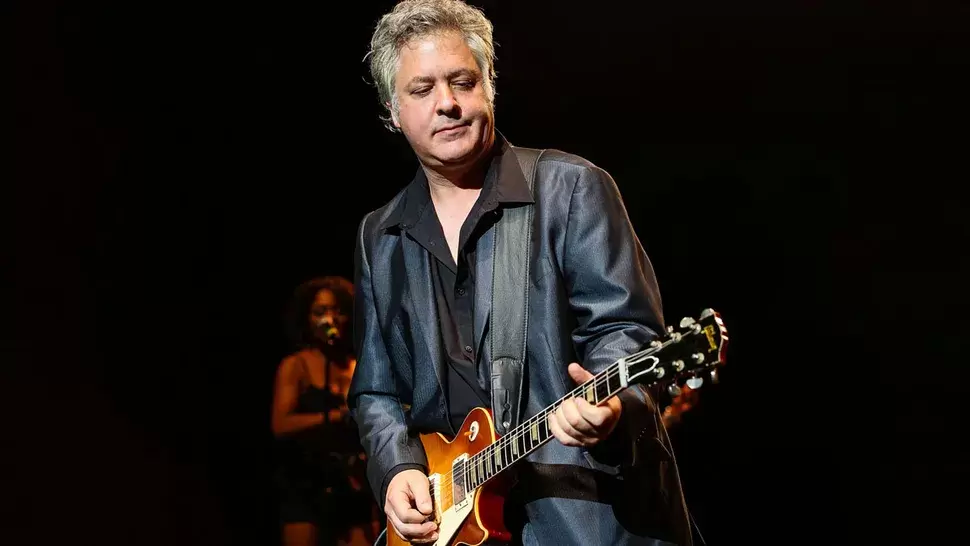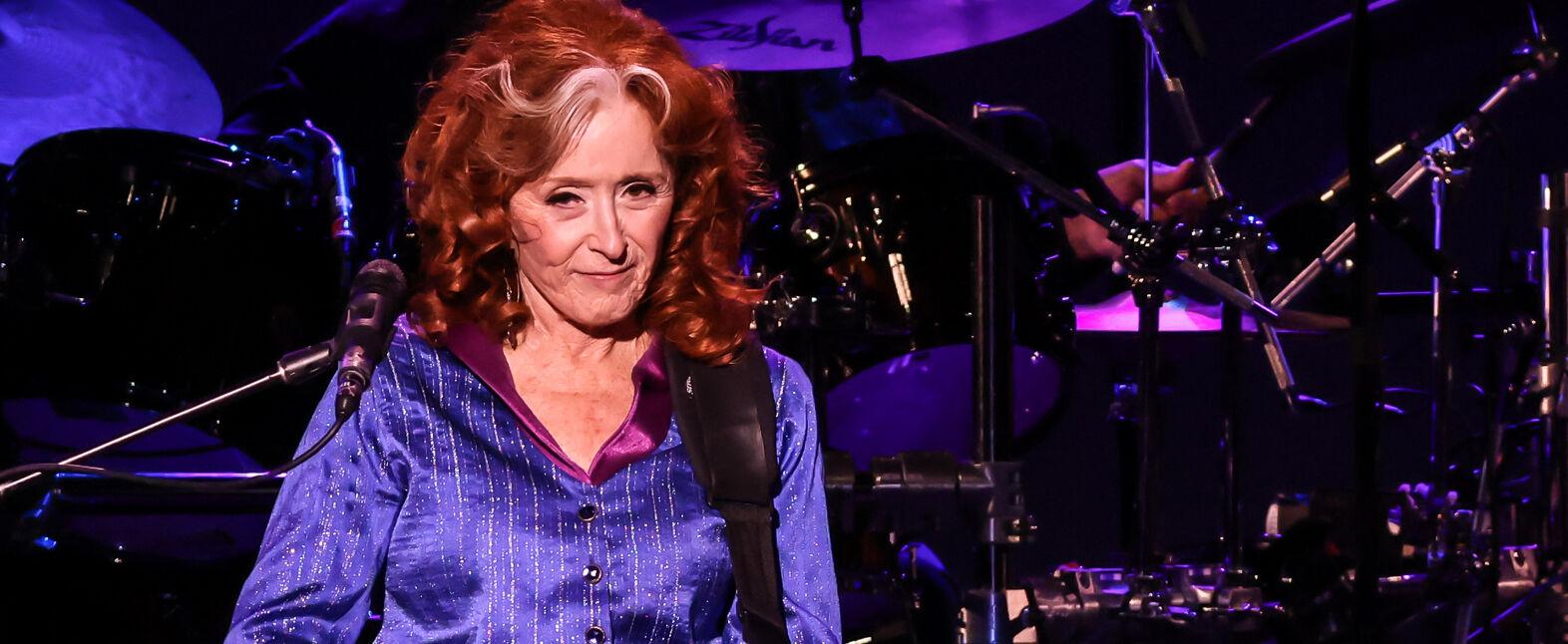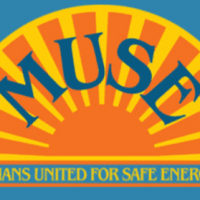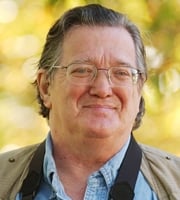
Jim Doyle, Chronicle Staff Writer
The flaming redhead with the saucy mouth logs more time at San Francisco City Hall than your average citizen. She doesn’t draw a government paycheck. But now and then, she takes the stage in front of the Civic Center Plaza and lets it rip.
You might say it’s her day job.
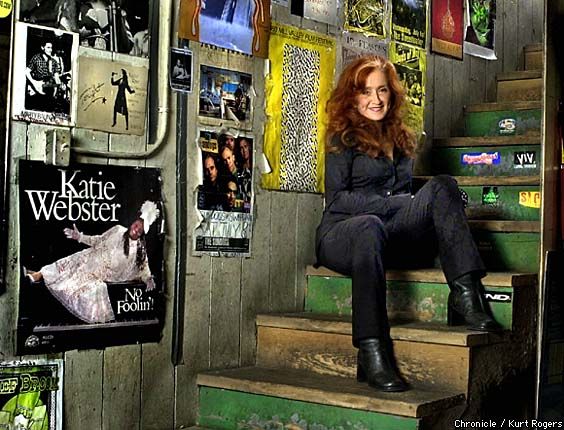
For 33 years, Bonnie Raitt has pursued a career in political activism as passionately as her longtime gig as a recording artist. Lady Six String has thrown hundreds of fund-raisers for environmental, social justice and peace groups.
Raitt, a fixture in the Bay Area counterculture, has lived on and off in Marin County and the North Coast for the past decade while touring the world, recording and overseeing her business interests in Los Angeles.
The singer carefully safeguards her privacy and security, having lived in various houses in southern Marin and Mendocino County. She is often sighted in Mill Valley dropping by the Sweetwater nightclub and Village Music record shop.
She also volunteers her services for Bread & Roses, a Corte Madera nonprofit that presents free concerts in prisons, hospitals and rehabilitation centers.
When the folk-blues rocker speaks out, she chooses her words with the precision and pedantic air of a precinct captain. Her heated words have lit fires under elected officials, bureaucrats and corporate power brokers.
“It’s an ongoing fight,” said Raitt, a self-styled ambassador for that curious nexus between blues and politics. “Roe vs. Wade is not secure. The environment. . . . For the issues I care about, this is the worst time that’s ever occurred since I’ve been alive. So I wouldn’t say it’s too positive a time.”
Citizen Bonnie has performed for inmates at San Quentin State Prison, fought to save the ancient Headwaters Forest, promoted the use of solar power, sponsored a program to help inner-city kids learn to play guitar, helped persuade major record labels to raise their royalty rates to 10 percent, and awarded grants to America’s aging blues pioneers.
So it was no surprise at the Grammy Awards show last month that Raitt took advantage of her momentary pulpit to sling a sharply honed, politically inspired arrow at CBS’ huge, worldwide television audience.
“Enough about building a mystery; let’s build some peace,” she said, eyeballing the camera in a brief aside. Then she went about her business, awarding the Record of the Year award to Norah Jones.
Raitt has avoided the firestorm of criticism that engulfed other anti-war celebrities who spoke out. Natalie Maines, the lead singer for the Dixie Chicks, has drawn flak for telling a London concert audience last week that she was ashamed that President Bush was from Texas. Maines apologized for her remark, but dozens of country radio stations, as well as Top 40 (KEZR-FM in San Jose) and adult contemporary stations have dropped the Chicks’ new single, “Landslide,” from their play lists. The record has lost some 10,000 spins nationwide in the last few days.
True to form, Raitt joined Hollywood actor Danny Glover, author Alice Walker and folksinger Joan Baez at the front lines of a recent peace march in San Francisco to hold a banner that read, “The World Says No To War On Iraq!”
“I feel that we should not be acting unilaterally, that we need support of the international community,” Raitt said after the war had begun. “To act unilaterally is folly and will only increase the suffering and terrorism in the world.”
The singer has been arrested twice in recent years for anti-logging protests, but she disagrees with anti-war protesters who blocked traffic last week in San Francisco. Raitt said that she supports nonviolent disobedience in certain instances when there is a clear purpose, but not when these tactics are used indiscriminately. She said that tying up traffic probably just infuriated motorists.
Raitt has sold more than 15 million albums and won nine Grammy awards. She has a place in the Rock ‘n’ Roll Hall of Fame and her own star on the Hollywood Walk of Fame. But she eschews the trappings of a superstar. She doesn’t live in mansions. She refuses to do TV commercials, buys shade-grown coffee to help save rain forests, and at times gives her frequent-flier miles to activists so they can attend meetings.
Raitt’s activism can be traced to her Quaker upbringing and her coming of age in the 1960s. But she has other sides. We’re talking here about a Radcliffe graduate, a shrewd businesswoman, a maverick recording artist with 16 albums under her belt. In short: a salty, middle-aged vamp who swaggers onto the stage with supreme confidence.
Raitt’s latest album, “Silver Lining,” sports a frisky photograph of her on the cover and a rowdy, salacious tune called “Gnawin’ On it.”
A longtime activist
Her longevity as a political activist is indisputable. Other celebrity activists have come and gone, but Raitt has stayed true to her causes. Only a handful can match her track record of sustained involvement.
So what drives this fiery soul to stick her neck out on issues of the day? Why can’t she just march along silently?
“Healthy debate is what America and what democracy is about,” Raitt said in an interview. “All sides need to be represented and the discussion over the dinner table should extend to the classrooms and the workplace and the water cooler. We have lives at stake here and our planet at stake and our civil liberties at stake. And our health care, our future and our economy. Everything is at stake.
“And in order to have democracy, you have to have an informed, participating populace. And for 30 or 40 percent to vote because they are so disenchanted that they can’t make a difference is a travesty and a misuse of why this country was established in the first place. So I’m for anything that increases information, education, debate and participation, so that people control their own future instead of letting other people and corporations decide what their policies are going to be.”
Along the way, Raitt has inspired others to take a stand.
“I tell Bonnie to point me in the right direction: where I should send money and where to volunteer my concerts,” blues singer Maria Muldaur said. “My heart’s in the right direction, but she’s more actively engaged.”
Some pundits insist that celebrities should confine their remarks to nonpolitical matters. Jewish Press editor Jason Maos accused Raitt and others of ignorance and hypocrisy.
“On the one hand, you have the absolute silence of the Hollywood left on all manner of atrocities committed by any brutal despot who considers himself an enemy of America,” Maos said. “On the other hand, you see the Hollywood left’s fierce and aggressive outspokenness whenever the U.S. takes any measure of military action – an outspokenness magnified a hundred-fold when the president taking such action is a Republican.”
But wait, there's more!







 Visitors Today : 2
Visitors Today : 2 Who's Online : 0
Who's Online : 0












